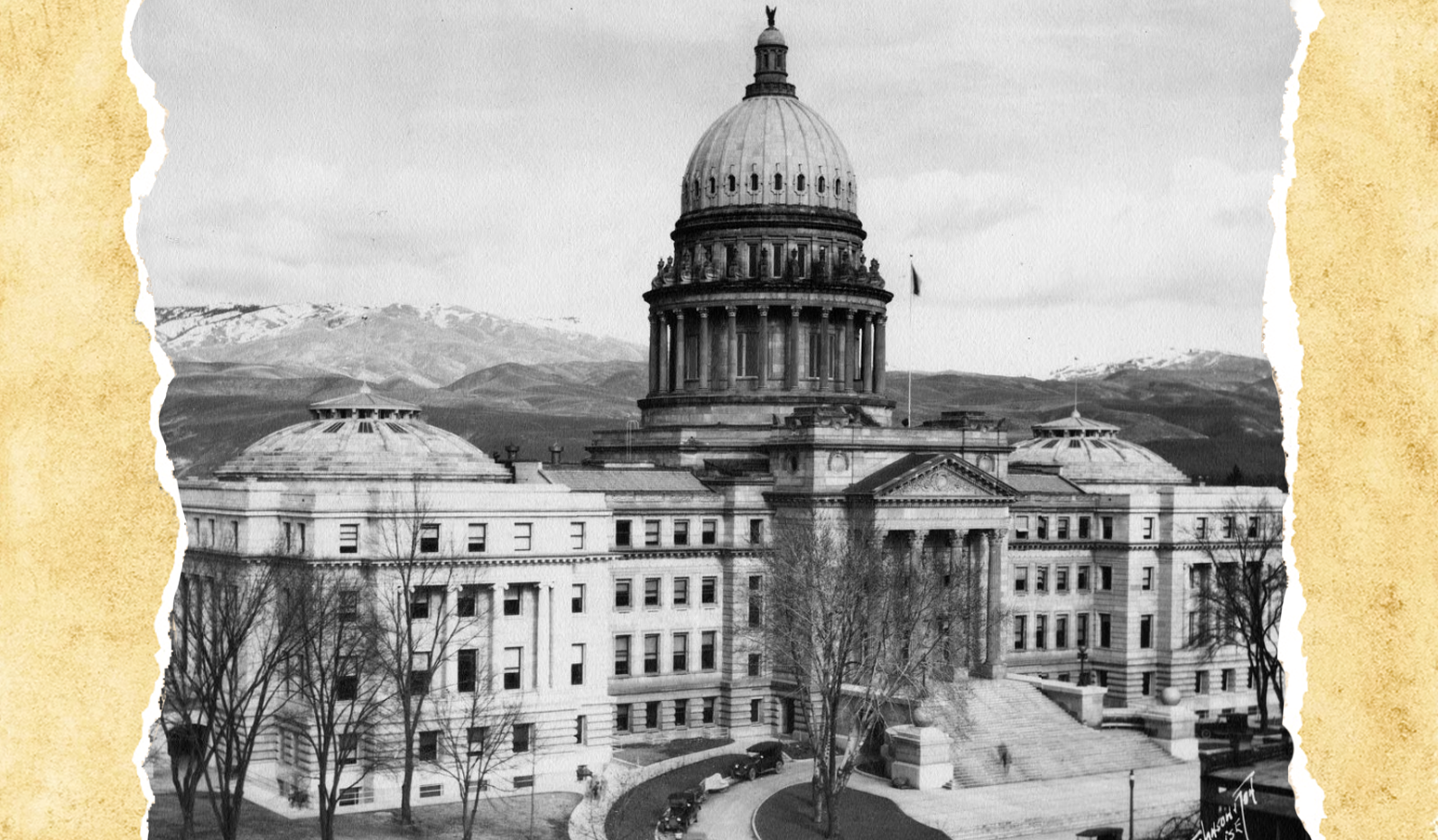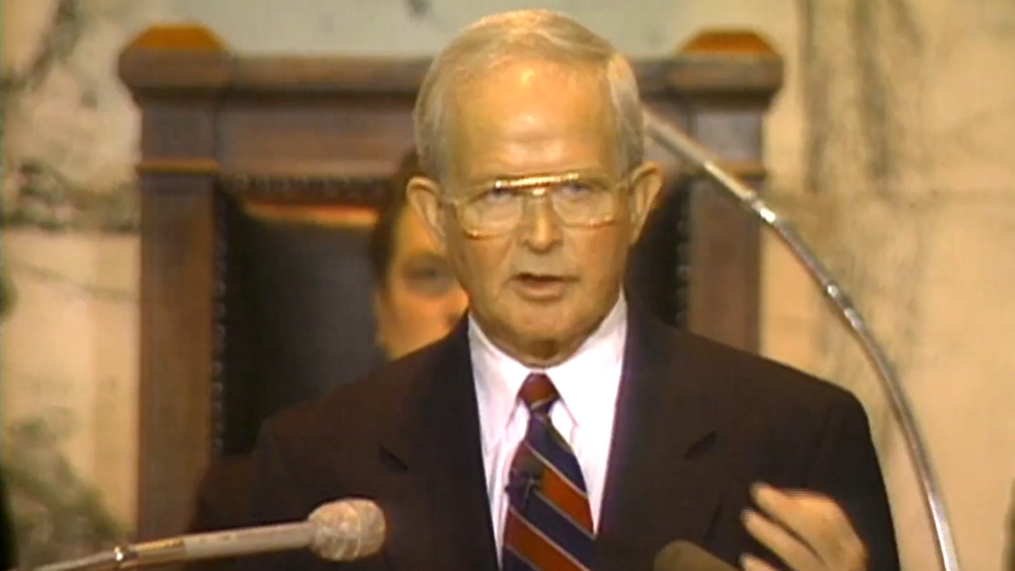The Dawn of the Idaho Presidential Primary — 1974-1976
In 1974 the Idaho College Republicans were a group of what Idaho Young Republican Chairman Benny Blick called "a special interest group" who gets "their advice from career college students and some disenchanted Republicans." Blick sent out a press release clarifying that the Young Republicans are a distinct organization, and even suggested that the IDGOP look at removing the College Republicans as an affiliated organization.
The College Republicans main focus that year was a drive to use the ballot initiative process to institute a Presidential Primary.Chairman David Warnick championed this drive both at the Idaho Republican Convention that year, and also the Idaho Democratic convention. While the Democrats were firmly behind the idea (and Gov. Andrus even appointed a Boise area coordinator to boost the petition), the Republicans were split among conservative vs. moderate factional lines. On teh conservative side, State Chairwoman Marj Miner spoke out against the idea, as did former Attorney General Rob Robson. Moderates Perry Swisher and Robert Smylie were among the Primary backers. The final vote on the floor of the convention was 220-110 against.
The Statewide nominating primary in 1974 was held in August, and so throughout the campaign season, candidates were queried on their stance. The GOP Senate race drew a contrast: Don Winder was for it, Bob Smith against. among the reasons Smith was opposed: 1) He was against the open nature of the primary system (as it was at the time), and 2) delegates would be chosen by the national candidates, reducing local control.
Though the initiative in the end failed to get the 25000 signatures necessary to gain ballot access, the idea continued to gain momentum. in the 1975 legislative session, two alternate bills were introduced.
One bill was sponsored by Democrat State Senator Chick Bilyeu: a May presidential primary where 80% of the delegates are committed to the candidate, prorated on the vote total received by each nomination seeker.
A second bill, sponsored by then State Senator Phil Batt, was a compromise bill where the preference expressed by voters would be advisory.
Phil Batt
Speaking in opposition to both bills, Republican State Senator Dean Abrahams said, "I think these bills do violence to party activity and participation."
The State Senate passed both bills (both 23-12 votes), allowing the house to choose which plan to send to Governor Andrus, and ultimately the Democratic plan was sent, which was signed enthusiastically.
Incidentally, this also moved the precinct committeeman elections from August to May, which was said to enable Idaho to comply with RNC regulations. All RNC delegates must be chosen by elections from within the calendar year, and therefore the county party reorganizations had to happen early.
And thus, after a tradition of 100 years electing RNC delegates at IDGOP State Convention, the Presidential Primary election of 1976 was the first in Idaho. And with the exception of an experiment with the caucus system in 2012, the primary election system has continued for 45 years.
What's next? A return to traditional convention delegations? A caucus? A Phil Batt-style primary election? A hybrid?



